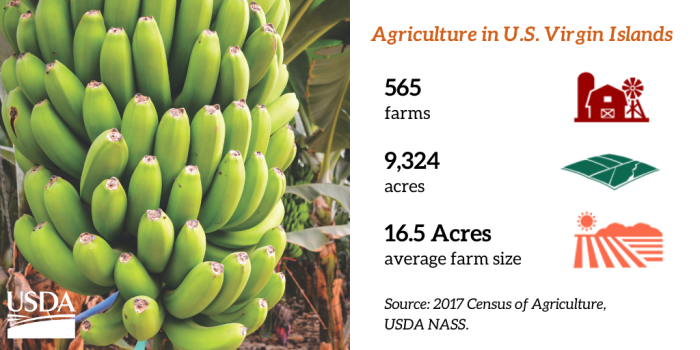In June 2005, the House of Representatives unanimously adopted H. Con. Res. 71, sponsored by Congresswoman Barbara Lee, recognizes the significance of Caribbean people and their descendants in the history and culture of the United States. President George W. Bush officially issued the Proclamation on June 6, 2006.
Since the declaration, the White House has issued an annual proclamation recognizing June as Caribbean-American Heritage Month. This year marks the fourteenth celebration of June as National Caribbean American Heritage Month.
During Caribbean-American Heritage Month, we celebrate the achievements and dreams of the millions of people of Caribbean origin now living in the United States while honoring the shared history of joy and perseverance that has united and enriched life across our region for centuries.
Caribbean Americans have made significant contributions to various fields, including politics, literature, music, and government. Here are some notable Caribbean Americans and their achievements:
- Alexander Hamilton: Born in the West Indies (specifically Nevis or St. Kitts), Alexander Hamilton was one of the Founding Fathers of the United States. He played a crucial role in the American Revolutionary War and later became the first Secretary of the Treasury, establishing the nation’s financial system.
- Colin Powell: Born in Harlem, New York, to Jamaican immigrant parents, Colin Powell had a remarkable military and political career. He served as the Chairman of the Joint Chiefs of Staff, becoming the highest-ranking military officer in the United States, and later became the first African American Secretary of State, serving under President George W. Bush.
- James Weldon Johnson: James Weldon Johnson was born in Jacksonville, Florida, to Bahamian parents. He was a prominent writer, poet, and civil rights activist. Johnson is best known for writing the lyrics to “Lift Every Voice and Sing,” often referred to as the Black National Anthem, which has become a significant cultural and historical symbol.
- Celia Cruz: Known as the “Queen of Salsa,” Celia Cruz was born in Havana, Cuba, and later became a naturalized U.S. citizen. She was a highly acclaimed and influential singer, known for her powerful voice and vibrant performances. Cruz played a crucial role in popularizing salsa music globally and became an icon within the Latin music industry.
- Shirley Chisholm: Shirley Chisholm was born in Brooklyn, New York, to parents from Barbados and Guyana. She made history as the first African American woman elected to Congress, serving in the U.S. House of Representatives. In 1972, she became the first African American woman to run for the Democratic Party’s presidential nomination, breaking barriers and inspiring many with her trailblazing efforts.
These individuals, among many others, have left a lasting impact on American society and have helped shape the cultural, political, and artistic landscape of the United States. Their achievements serve as a testament to the diverse contributions of Caribbean Americans and their significant role in American history.
One of the most recognizable aspects of Caribbean culture is the region’s music. Although they have roots in both European and African cultures, the sounds of reggae, meringue, calypso, rumba and zouk music are distinctly Caribbean.
The USDA Natural Resources Conservation Service shared statistics about agriculture in the U.S. Virgin Islands and Puerto Rico in the images below.


